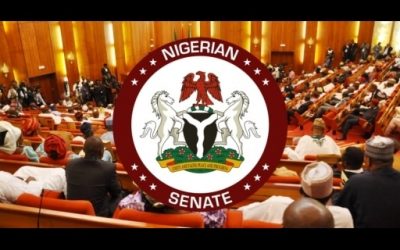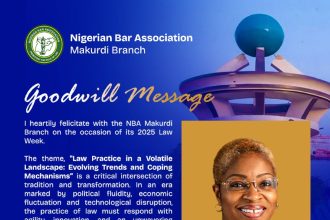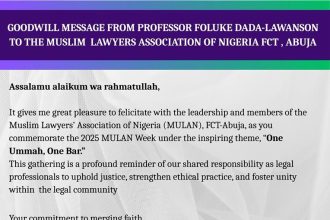Nigerian Senators are split over the proposal to return to a regional system of government. During a two-day retreat on constitutional amendments in Kano, lawmakers from the Southern and Northern regions expressed opposing views.
The event, organized by the Senate Committee on Constitution Review in collaboration with the Policy and Legal Advocacy Centre (PLAC), focused on key governance issues.
Southern Senators Support Regional Governance
Southern Senators argue that returning to regional governance could address Nigeria’s multiple challenges, including insecurity, economic stagnation, and infrastructural deficiencies. They view regionalism as a pathway to empower regions to manage their resources more effectively and promote development tailored to local needs.

Senator Abdulfatai Buhari, representing Oyo North, emphasized the successes of the regional system during the First Republic when regions were allowed to harness their resources autonomously.
He highlighted how the Southwest thrived with its cocoa production while the North was known for its groundnut pyramids. Buhari suggested that reducing the powers concentrated at the federal level would help curb corruption, as local accountability would improve.
Buhari stated, “When you make the centre less attractive, you cut off corruption. People will watch their team within their locality or region.”
Northern Senators Oppose Regionalism
In stark contrast, Northern Senators have expressed strong opposition to the idea. Senator Abdul Ningi, representing Bauchi Central, argued that his region did not benefit from regional governance during the First Republic and saw no reason to return to it.

He questioned the legitimacy of those advocating for regionalism, insisting that only the National Assembly has the mandate to amend the constitution.
Ningi said, “We have seen how the regional government was operated in the past. My part of the country didn’t enjoy the development of that so-called regional government based in Kaduna. We aren’t going back there again!”
He further stressed the need for federalism reform, advocating for a strengthened federal system rather than a return to regional governance.
Senator Sani Musa, Chairman of the Senate Committee on Finance, also rejected regionalism. He clarified that establishing zonal development commissions aimed at fostering economic development in the six geopolitical zones is not a step towards regional governance. He encouraged proponents of regionalism to test their ideas by introducing bills in the National Assembly.
Call for Stronger Institutions Over Regionalism
Former Senate Leader Ali Ndume dismissed the notion of “true federalism,” noting that many African countries have moved beyond this system. Instead, Ndume called for the creation of strong institutions that would ensure good governance, justice, and equity for all Nigerians. He argued that there would be no need to advocate for regionalism with proper management in place.
He said, “We should focus on building strong institutions, not a return to regional governance.”
Senate Leader Bamidele Stresses Complexity of Constitutional Amendments
Despite the debate, Senate Leader Opeyemi Bamidele clarified that regionalism is not part of the ongoing constitutional review process. He pointed out that significant changes like regional governance would require broad political consensus and the buy-in of the Nigerian people.
Bamidele emphasized the complexity of amending even a single constitution provision, let alone an overhaul that would introduce regionalism.
He said, “It’s easy for people to argue for a new constitution, but that is not something we can sit down in parliament and do. Amending one section of the constitution is a complex process that involves the National Assembly and the buy-in of the Nigerian people.”
Path Forward
As the debate continues, the divergent views among Senators reflect the broader challenge of addressing Nigeria’s governance issues. While Southern lawmakers see regionalism as a viable solution, their Northern counterparts advocate for improving federalism and strengthening institutions. The discussions at the retreat highlight the complexity of constitutional reforms in Nigeria and the need for a unified approach to governance.
As the constitution review process progresses, it remains to be seen whether these competing visions for Nigeria’s future will converge or lead to further political contention.









